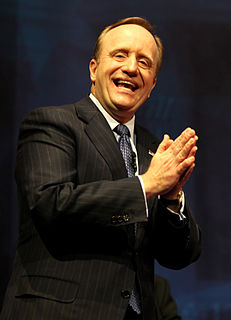A Quote by Geoff Mulgan
The really interesting moment will be when you have a critical mass of people engaging through the networks, more than through the press and TV. When that happens, the culture of politics has to change, moving away from controlled one-way messages towards a political culture that is more questioning.
Related Quotes
In the French culture, they talk politics. I didn't find it was part of our culture to have political arguments at the table. My husband's family will get into major politics, and it's not an aggressive thing. It's so interesting and you learn so much, whether it's Right or Left, and that to me has been really great.
The more people share woodland, absorb it and regard it as part of their personal heritage and culture, the richer our society will be. The more people can work in woods and use them practically rather than go through the motions as a kind of ersatz exercise, the more they will care for the places themselves rather than the political idea of them.
Despite current ads and slogans, the world doesn't change one person at a time. It changes when networks of relationships form among people who share a common cause and vision of what's possible. This is good news for those of us intent on creating a positive future. Rather than worry about critical mass, our work is to foster critical connections. We don't need to convince large numbers of people to change; instead, we need to connect with kindred spirits. Through these relationships, we will develop the new knowledge, practices, courage and commitment that lead to broad-based change.
I think we are becoming more and more linked, and before long, we'll all be one culture. It's happening in every field, not just fashion. Actually, I think the only hope for peace is if culture is homogenized. Unfortunately, money seems to be the only solution to political disagreements. If we are all linked through culture and trade, it won't be worth fighting each other.
The pedagogy of authoritarianism is alive and well in the United States, and its repression of public memory takes place not only through the screen culture and institutional apparatuses of conformity, but is also reproduced through a culture of fear and a carceral state that imprisons more people than any other country in the world.
One culture I find fascinating to juxtapose against American culture is the culture of Germany. They've gone through a long process through their art, poetry, public discourse, their politics, of owning the fact of their complicity in what happened in World War II. It's still a topic of everyday conversation in Germany.
We will continue to address things, but in as much as I want to talk about politics as they are related to social media, I don't necessarily want to be a political show. I want it to cover everything, everything in our culture through social media, politics, pop culture, entertainment, science, everything.
I used to believe that you could change the culture or behavior of a company. I still believe it's possible, but it is at least a five to ten year process, if you are successful at all. More recently, I have been attracted to the ideas of the behavioralist, Edgar Schein. Schein has argued that you cannot change the culture of a company, but you can use the culture of a company to create change. It's an interesting approach to overcoming resistance. And if you can change how a company does its work, you might eventually be able to change how its people think.
People are enduring more than a temporary financial crisis. We are witnessing a fundamental shift in the economy. Companies and industries will in great measure no longer grow by borrowing vast capital to make huge acquisitions. The way to grow to critical mass - the Google way - will be to become platforms and networks that enable others to build businesses, grow, and succeed.



































